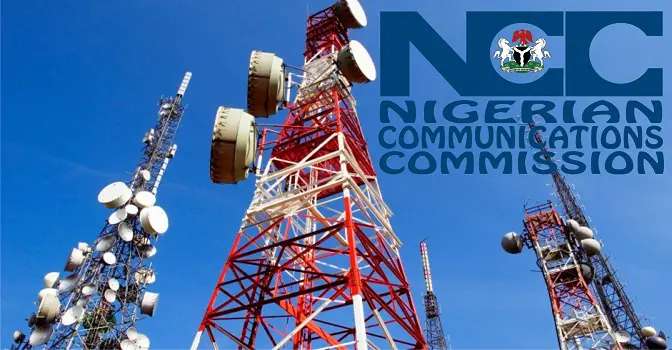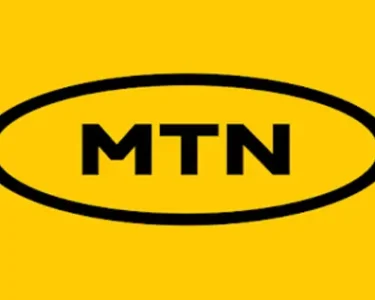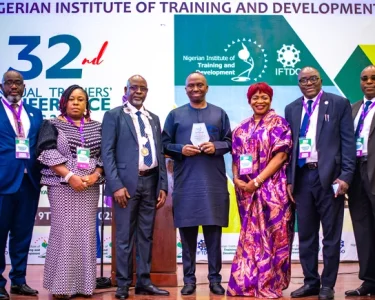Backlashes, outcry and outrage are just the reactions of all critical stakeholders that followed the Federal Government’s approval of 50 per cent hike in telecommunications tariff, a development that experts believed could further compound the inflation crisis.
The Nigerian Communications Commission (NCC), had in a statement given the telecoms operators approval to increase their tariff by 50% but in a swift reaction, the Nigeria Labour Congress, NLC, rejected calling it “another harsh burden” and threatening to mobilise workers to boycott telecom services.
Its sister organ, the Trade Union Congress of Nigeria, TUC, described the tariff that will begin next month as outrageous, saying it will worsen the harsh living conditions of workers and Nigerians.
Another group, the Coalition of Northern Groups, CNG, rejected the hike, stressing that it ill-timed and did not consider the plight of suffering Nigerians.
In a statement, President, Joe Ajaero of the NLC, said: “The NLC expresses its unequivocal condemnation of the Federal Government’s recent approval, through the Nigerian Communications Commission, NCC, of a 50 per cent increase in telecommunication tariffs.
‘’This decision, coming at a time Nigerian workers and the masses are grappling with unprecedented economic hardship, is a clear assault on their welfare and an abandonment of the people to corporate fat cats.
“Telecommunication services are essential for daily communication, work, and access to information. Yet, an average Nigerian worker already spends approximately 10 per cent of his wages on telecom charges.
‘’For a worker earning the current minimum wage of N70,000, this means an increase from N7,000 to a staggering N10,500 per month or 15 per cent of his salary-a cost that is unsustainable.
“This hike exemplifies the government’s apparent ease in prioritising corporate profits over citizens’ welfare. It is shocking that government approved this 50 per cent tariff increase for telecom companies within a month, yet took nearly a year to approve the recent minimum wage for workers, despite the rising cost of living and inflation eroding purchasing power.”
And the CNG rejecting statement by the National Coordinator of CNG, Jamilu Charanchi, noted: “The CNG totally and unequivocally rejects the recent astronomical 50% increase in telecommunications tariffs in the country as sanctioned by the NCC.
“The CNG avers that this decision, coming at a time Nigerians are reeling in immense economic hardship, is nothing short of an assault on the dignity and livelihoods of the people that have been economically pauperized.
“We are appalled by the insensitivity and lack of foresight demonstrated by the NCC and the Federal Ministry of Communications in approving such an exorbitant tariff hike.
“The CNG observes that at a time millions of Nigerians are struggling to make ends meet, due to hyper-inflation, rising unemployment, and the pervasive effects of economic mismanagement, this decision is utterly indefensible.”
Human Rights Writers Association of Nigeria (HURIWA) in a statement condemned the hike, saying ‘’It is becoming clearer by the day that this administration is systematically suppressing the rights of Nigerians.
“The 50 per cent hike in telecom tariffs is not just an economic assault, it is also a calculated attempt to muscle freedom of expression and silence the voices of young Nigerians who rely on affordable internet and communication services to participate in national discourse.”
Economic Rights and Accountability Project, (SERAP) reacting said: “The Tinubu administration and telcos must immediately reverse the unlawful increase in calls and data costs. We’ll see in court if the 50% tariff hike is not reversed within 48 hours.”
Meanwhile, Airtel Nigeria in a statement applauded the tariff hike, the Chief Executive Officer of Airtel Nigeria, Mr. Dinesh Balsingh, expressed the company’s appreciation of the decision to allow for a tariff increase of up to 50% across services, stating that the development underscores the regulator’s commitment to fostering sustainability and enhance investment in the telecommunications industry for superior service delivery.
He said: “the tariff adjustment reflects a balanced approach to ensuring the sustainability of the telecommunications sector while safeguarding the interests of consumers.
“The price increase which was highly needed for the survival and continued growth of the industry, will enable us to continue investing in network infrastructure, expanding coverage, and delivering improved products and services that meet the evolving needs of our customers.”




